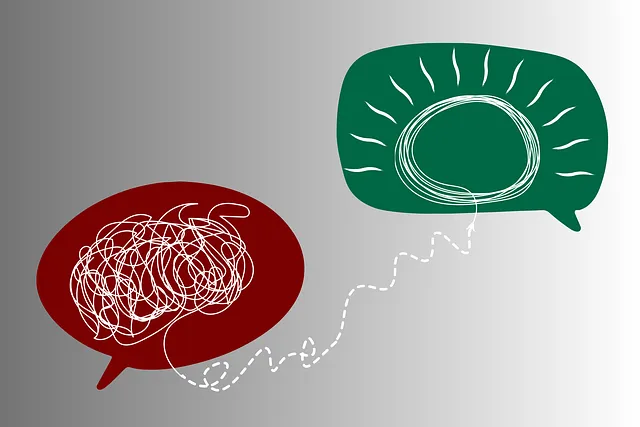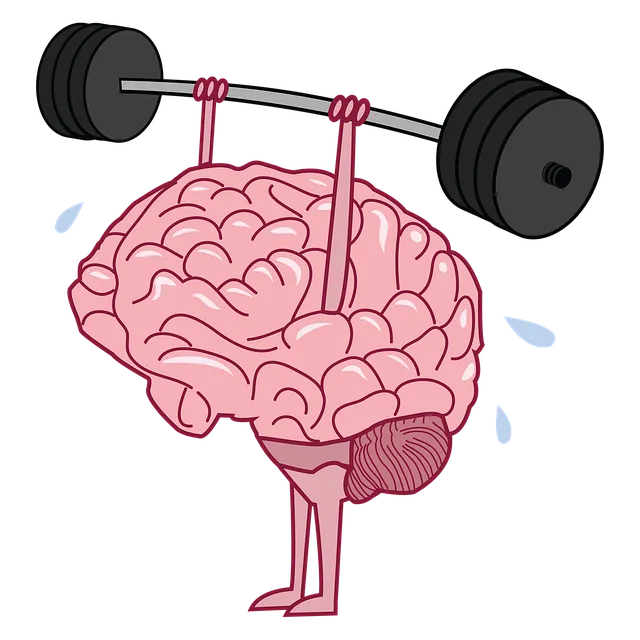The Kaiser Permanente Mental Health Access Center in Lakewood is leading the way in community resilience by promoting mental health literacy through education and practical tools like mindfulness meditation. Their programs normalize conversations about mental health, empower participants with coping mechanisms for trauma, and encourage early help-seeking behaviors, fostering long-term well-being. These initiatives, focused on resilience building, positive thinking, and conflict resolution, enhance access to care, improve overall community well-being, and break down stigma associated with emotional challenges. A comprehensive educational program design for the center should address diverse needs, offer interactive workshops integrating evidence-based practices and digital resources, and foster a safe, supportive environment for open dialogue and peer learning.
“Mental health literacy empowers individuals to understand, manage, and seek support for their well-being. In today’s society, where stress and mental health challenges are prevalent, enhancing this knowledge is crucial. This article explores the impact of mental health education and provides a strategic guide to designing an effective program tailored to the unique needs of the Kaiser Permanente Mental Health Access Center Lakewood community.
We’ll delve into curriculum development, implementation tips, and evaluation methods, ensuring a comprehensive approach to fostering mental resilience.”
- Understanding Mental Health Literacy and Its Impact
- – Define mental health literacy and its significance in today's society.
- – Discuss the benefits of increased mental health knowledge for individuals and communities.
- Designing an Effective Education Program for Kaiser Permanente Mental Health Access Center Lakewood
Understanding Mental Health Literacy and Its Impact

Mental Health Literacy is a crucial aspect of overall well-being that empowers individuals to understand and manage their mental health effectively. It involves recognizing signs, symptoms, and risk factors associated with common mental health conditions, as well as knowing how to access appropriate support and resources. At the Kaiser Permanente Mental Health Access Center in Lakewood, we believe that enhancing mental health literacy is a game-changer for fostering resilient communities.
By promoting mental health education, we aim to equip individuals with essential tools such as mindfulness meditation practices and communication strategies, which can help normalize conversations around mental health and reduce stigma. Additionally, trauma support services play a pivotal role in our program design, ensuring that participants develop coping mechanisms to navigate and overcome past traumas. These initiatives collectively contribute to creating an environment where people feel empowered to seek help early on and maintain long-term mental well-being.
– Define mental health literacy and its significance in today's society.

Mental health literacy refers to the understanding, awareness, and ability to recognize and discuss mental health conditions, as well as navigate support systems and resources effectively. In today’s society, this is more crucial than ever due to the increasing prevalence of mental health issues and the need for destigmatization. It’s not just about knowing the symptoms; it involves fostering resilience building skills, promoting positive thinking, and equipping individuals with conflict resolution techniques to manage stress and emotional challenges.
At the Kaiser Permanente Mental Health Access Center Lakewood, we recognize that mental health literacy is a cornerstone for improving access to care and enhancing overall well-being in our community. By integrating educational programs that focus on these key areas, we strive to empower individuals with the knowledge and tools needed to maintain good mental health, seek help when needed, and actively contribute to a supportive environment where everyone can thrive.
– Discuss the benefits of increased mental health knowledge for individuals and communities.

Mental health education programs are instrumental in fostering a culture of well-being and resilience within communities. By increasing mental health knowledge, individuals gain valuable insights into their own and others’ emotional states, enabling them to recognize signs of distress earlier. This early detection can lead to prompt support and intervention, potentially preventing the escalation of mental health issues. For instance, a program like Kaiser Permanente’s Mental Health Access Center in Lakewood offers comprehensive resources, including Social Skills Training, which equips individuals with the tools to navigate social interactions more effectively, thereby reducing anxiety and improving overall mental well-being.
Moreover, community-wide mental health education can break down stigma associated with seeking help, encouraging open conversations about emotional challenges. This shift in perspective encourages people to prioritize their mental health actively, adopting strategies for stress management and mood regulation. Programs that incorporate Burnout Prevention techniques, for example, teach individuals to set boundaries and manage their workload, leading to improved job satisfaction and a reduced risk of burnout. Such initiatives ultimately contribute to stronger, more resilient communities where everyone has access to the tools needed to thrive.
Designing an Effective Education Program for Kaiser Permanente Mental Health Access Center Lakewood

Designing an educational program for Kaiser Permanente Mental Health Access Center Lakewood requires a comprehensive approach to address diverse mental health concerns within the community. The first step is to identify the specific needs and challenges faced by individuals seeking support at this center. This might involve conducting surveys, focusing groups, or consulting with healthcare professionals to understand prevalent issues like anxiety, depression, or stress-related disorders. Once identified, the program should be tailored to offer practical solutions.
For instance, the curriculum could include interactive workshops on stress reduction methods and confidence boosting techniques, ensuring participants gain actionable tools for their daily lives. Incorporating evidence-based practices and integrating traditional therapy with modern digital resources can enhance accessibility and engagement. The program’s design should also foster a safe and supportive environment, encouraging open dialogue and peer learning, which are essential elements for effective mental health education.
The design of a comprehensive mental health education program, as exemplified by the Kaiser Permanente Mental Health Access Center Lakewood, is a strategic approach to empowering individuals and communities. By fostering mental health literacy, these programs break down stigmas and equip people with the knowledge to recognize and support those in need. Such initiatives have far-reaching benefits, creating a more resilient and connected society where mental well-being is prioritized and accessible for all.






